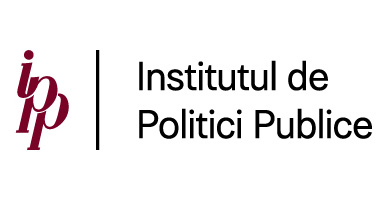Civil society and private sector contribution to achieving the national targets of MDG 6 – Combat HIV/AIDS, tuberculosis and other diseases – in the Republic of Moldova
The present report contains the analysis of the role and contribution of civil society organizations and the private sector in the attainment of targets set in the Millennium Development Goal 6 „Combat HIV/AIDS and Tuberculosis”. The principal objective of the study consisted in the demonstration of the contribution and role of civil society organizations and the private sector in the implementation of the Millennium Development Goal 6 „Combat HIV/AIDS and Tuberculosis”.
Thus, as a result of analysis of the existent social documents (reports, studies) in relation to the matter under study, interview guides applied for four categories of respondents including governmental organizations, international organizations/donors, civil society organizations and private sector, as well as of the meetings held by the working groups with representatives of the group under study, we can state the following facts:
Attainment of the MDG 6 targets on the whole by 2015 is hardly probable. The benchmarks set for 2010 have been failed, which fact is confirmed by the statistic data for 2010 and 2011, while negative trends can be discontinued only through a collective effort aimed at identification of feasible solutions that would make it possible to accelerate the progress based on the specific national context and existent budget constraints.
As stated by the participants throughout the study, the biggest difficulties in HIV/AIDS control/prevention refer to the insufficient financing and dependence of non-governmental organizations on donors in relation to the necessary financial resources, austere budgets of the donors; difficulties in the assurance of social services sustainability in this sphere due to the lacking mechanism for procurement of social services by the state; structural/organizational barriers in the sphere of HIV testing services ; very limited educational programs in the area of general education; limited access for the young people and adolescents to youth-friendly health services.

 Română
Română